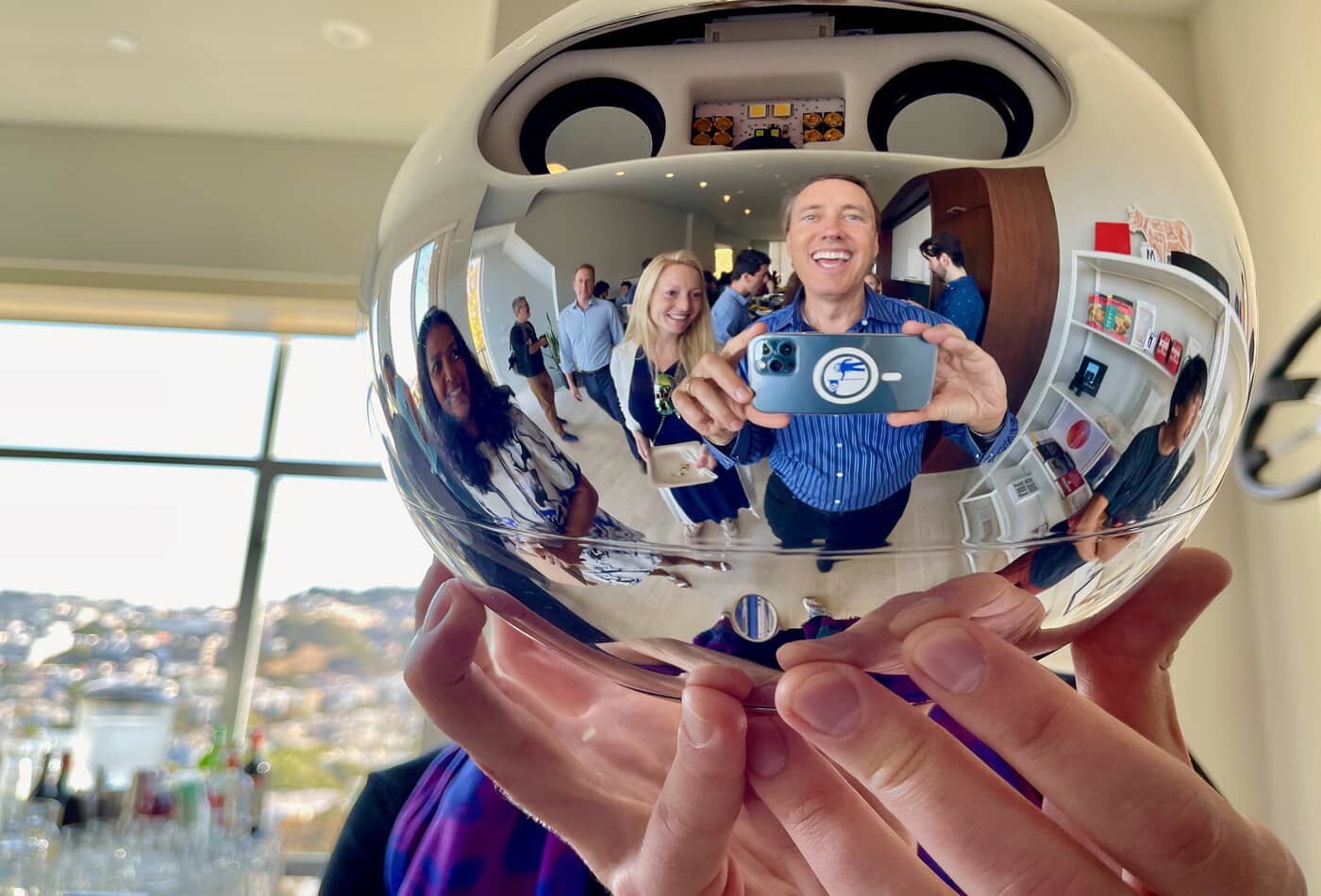
Worldcoin, co-founded by OpenAI CEO Sam Altman, has shut off its Orb-verification service in India, France, and Brazi, according to a report by Moneycontrol on Dec. 21. This move comes shortly after the firm introduced its unique eyeball-scanning device to these countries.
🚨 Scoop: Sam Altman's Worldcoin discontinues offline Orb verification services in India
Sam Altman's crypto project Worldcoin has stopped offline ‘Orb' verifications and biometric identity-based user onboarding in India.
This was in the wake of huge number of people queuing up…
— Chandra R. Srikanth (@chandrarsrikant) December 21, 2023
The Orb, a unique five-pound helmet-shaped device that scans individuals’ eyes to confirm their identities, was conceived by Worldcoin as a tool for onboarding the inhabitants of those regions where traditional ID is not always available. Worldcoin triggered the offline onboarding process by giving rewards in USDC to local Orb operators, who assist people in scanning their eyes to join the Worldcoin network. Starting in November, the company began paying out rewards in its native token, WLD.
According to a report, Worldcoin gradually ended its orb verification process in India “3-4 months ago.” This decision came even after the crowd was lining up in some parts of the country to use the Orb. However, Tools for Humanity, the organization managing Worldcoin, clarified that from the start, the Orb was a “limited-time access” program in India, Brazil, and France.
The company has not disclosed the reasons for discontinuing the Orb-verification service in the countries. However, the platform reiterated its global commitment to work with partners to ensure compliance with regulatory standards. It aims to maintain a secure, transparent, and safe service for verified users, per the report.
Altman launched this eyeball-scanning crypto startup in July this year. Digital IDs derived from iris scanning will allow users to prove online that they are human, especially in a future world dominated by AI, he said.
Worldcoin’s Expension And Regulatory Hurdles
Lily Gordon, a spokesperson for Tools for Humanity, stated that the Orb’s multi-city tour began in Tokyo in April. It covered Europe, North America, the Middle East, and Asia. The tour finished in late summer, accompanied by Orb previews in different cities and the protocol launch.
Worldcoin, backed by about $250 million in funding from prominent investors such as Reid Hoffman, Khosla Ventures, and Andreessen Horowitz, initiated its global services rollout in July.
Worldcoin’s eyeball verification process faced criticism from both the web3 industry and governments who advocate for digital privacy rights. For instance, in July, the French privacy watchdog, CNIL, questioned the legality of Worldcoin’s iris data collection. Before that, in the same month, the UK Information Commissioner’s Office announced it would further investigate the project.
Furthermore, the Kenyan police reportedly raided a Worldcoin warehouse in Nairobi on August 7 and seized some machines. The raid occurred after the Kenyan government halted Worldcoin’s operations on August 2.








